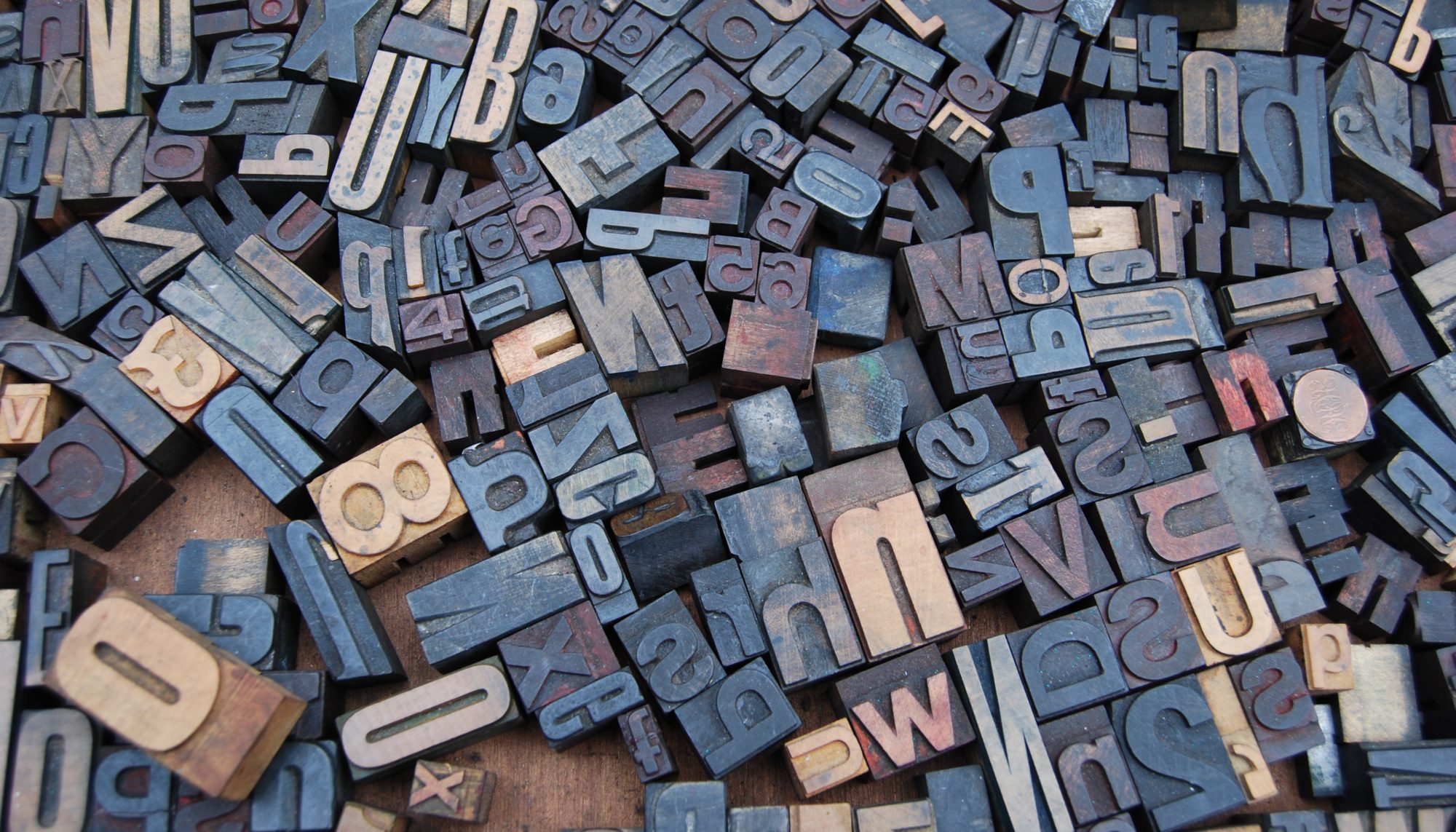My immediate reaction to reports of Kobe Bryant’s death was sorrow.
I’ve never been a big fan. I certainly appreciated his skills, although I take exception to Magic Johnson’s statement that Kobe was the greatest Laker ever. (Fine for you to abdicate, Magic, but what about Jerry West or Kareem?) When it comes to the NBA, I’m more of a Bill Walton girl. Then again, the news of someone’s death always brings an outpouring of love. The sadness and grief make us want to look for the goodness.

Among the praise was considerable focus on his love for the women’s game, from coaching his 13-year-old daughter, who also died in the helicopter crash along with seven others, to his mentoring of Sabrina Ionescu, the University of Oregon phenom who tearfully took the court for a game Sunday afternoon, shortly after the news broke.
Even so, after more than an hour of hagiography, I started to get annoyed. ESPN reporters failed to provide any context to Bryant’s life and career. Yes, he was an incredible athlete; a hall-of-fame lock; a prolific scorer. He was also an “alleged” rapist.
In 2003, while the 27-year old Kobe was rehabbing an injury in Colorado, a 19-year-old hotel staffer accused him of rape. The police reports verify her account of a brutal attack, including bending her over a chair and choking her hard enough leave bruises. He told police, according to a transcript of his interview, choking is “my thing” and said he didn’t stop until he asked if he could ejaculate on her face and she said no. A month later, he admitted to being unfaithful and bought his wife, Vanessa, a $4 million, 8-carat purple diamond “apology” ring.
He was charged but never tried because the young woman, whose reputation had been publicly smeared by Kobe’s legal team, declined to testify. In exchange, Kobe made a public apology. “Although I truly believe this encounter between us was consensual, I recognize now that she did not and does not view this incident the same way I did,” he said in a written statement.
It is critically important, amid the public sorrow and grief, to provide the details of the case against him because, it seems to me, that experience helped reshape his life in a profound way.
Perhaps the charges against him helped him see his actions through a different lens.
I’m certain that rearing four daughters also helped him reframe what transpired that night. What father doesn’t worry about the predatory culture in which we raise boys to become men and pursue women, even to the point that President Trump can talk about grabbing women by the pussy and dismiss it as “locker room talk.”
The redemption for Kobe, I think, was in his involvement in sports for women and girls. His second child, Gigi, was an aspiring basketball star. He became her personal and team coach. They were often photographed together attending major sports events featuring women’s teams.
Kobe became a huge supporter of women’s professional basketball and the women’s US national soccer team and professional women’s tennis.
He had a close bond with Ionescu, a California kid who went to Oregon and has posted more triple-doubles than any other player, male or female, in NCAA history. She surpassed the Pac-12 conference record for assists last week, besting the mark set by Gary Payton, who became an NBA star. On Sunday, after the fourth-ranked Ducks defeated the seventh-ranked Oregon State Beavers, Ionescu said she was dedicating the season to Kobe: “Everything I do, I do it for him,” she said.
Kobe’s legacy as a supporter of women is as important as his accomplishments in the NBA. It also shows that we as people can learn and grow from even the worst mistakes we make.
Kobe was not perfect, and it’s important to remember that, as well as the 81-point game, the 18 all-star teams, and the five NBA championships. Perhaps we can conclude that his transformation as a human being was even more meaningful than his success as an athlete.
